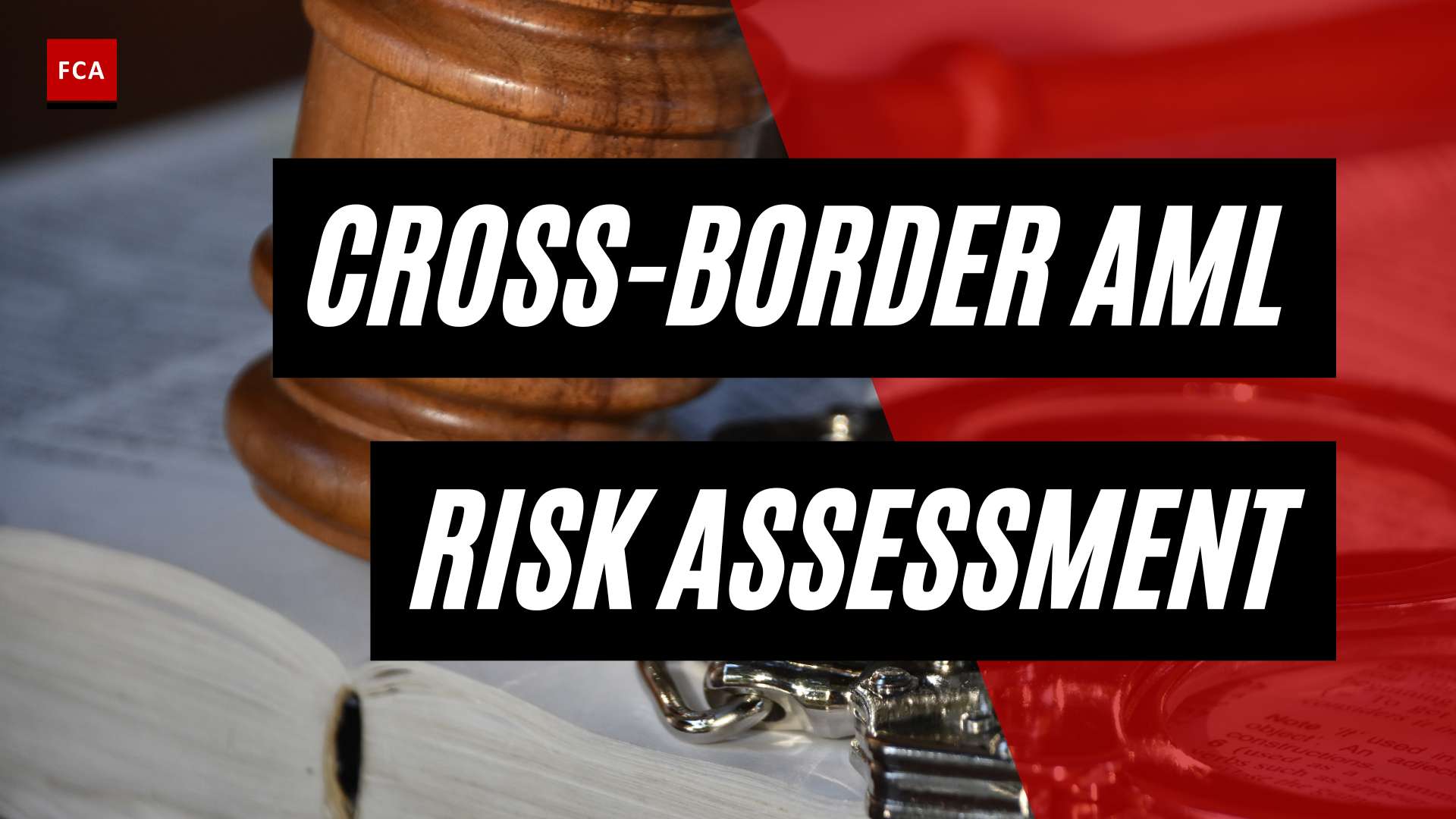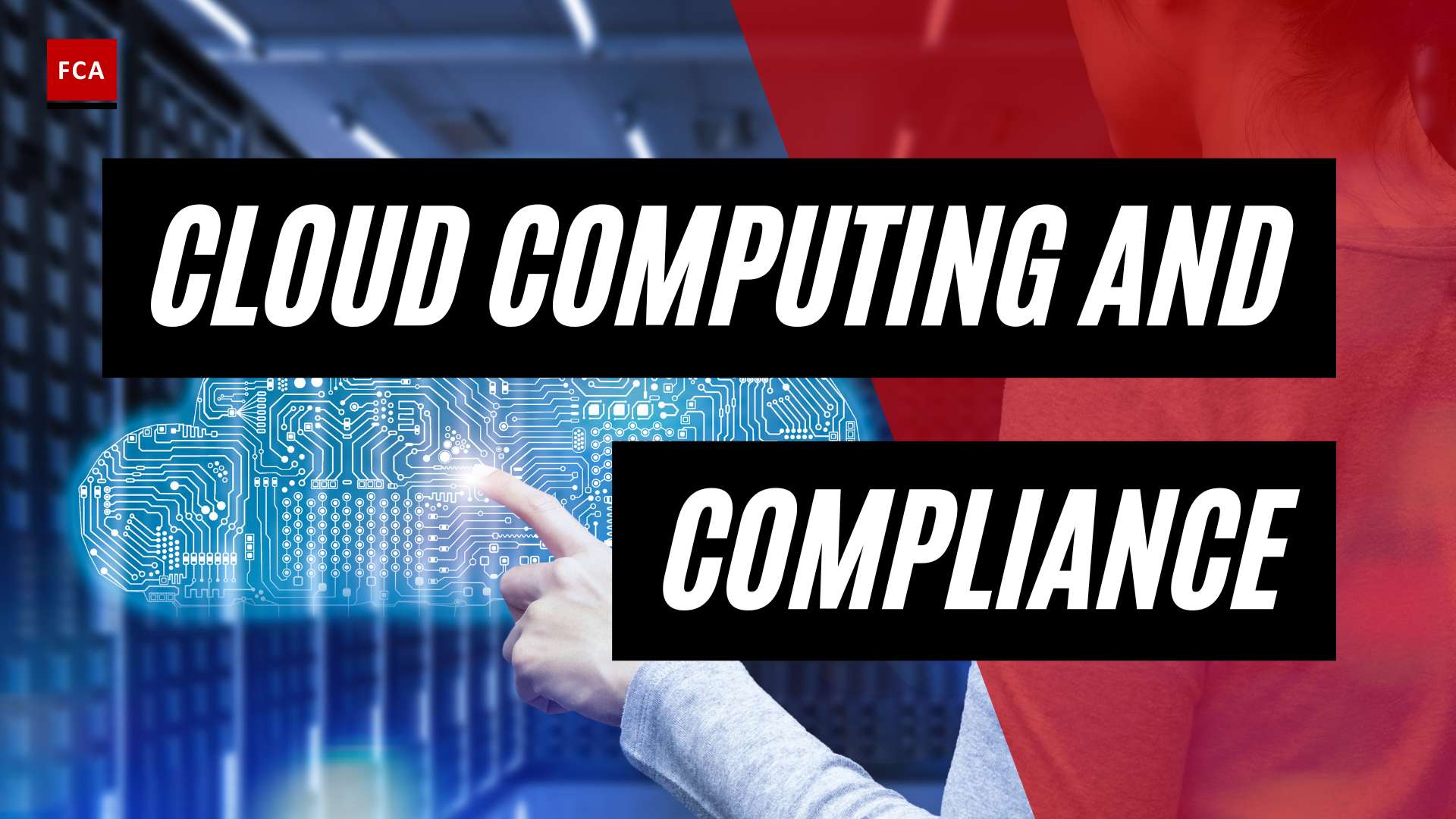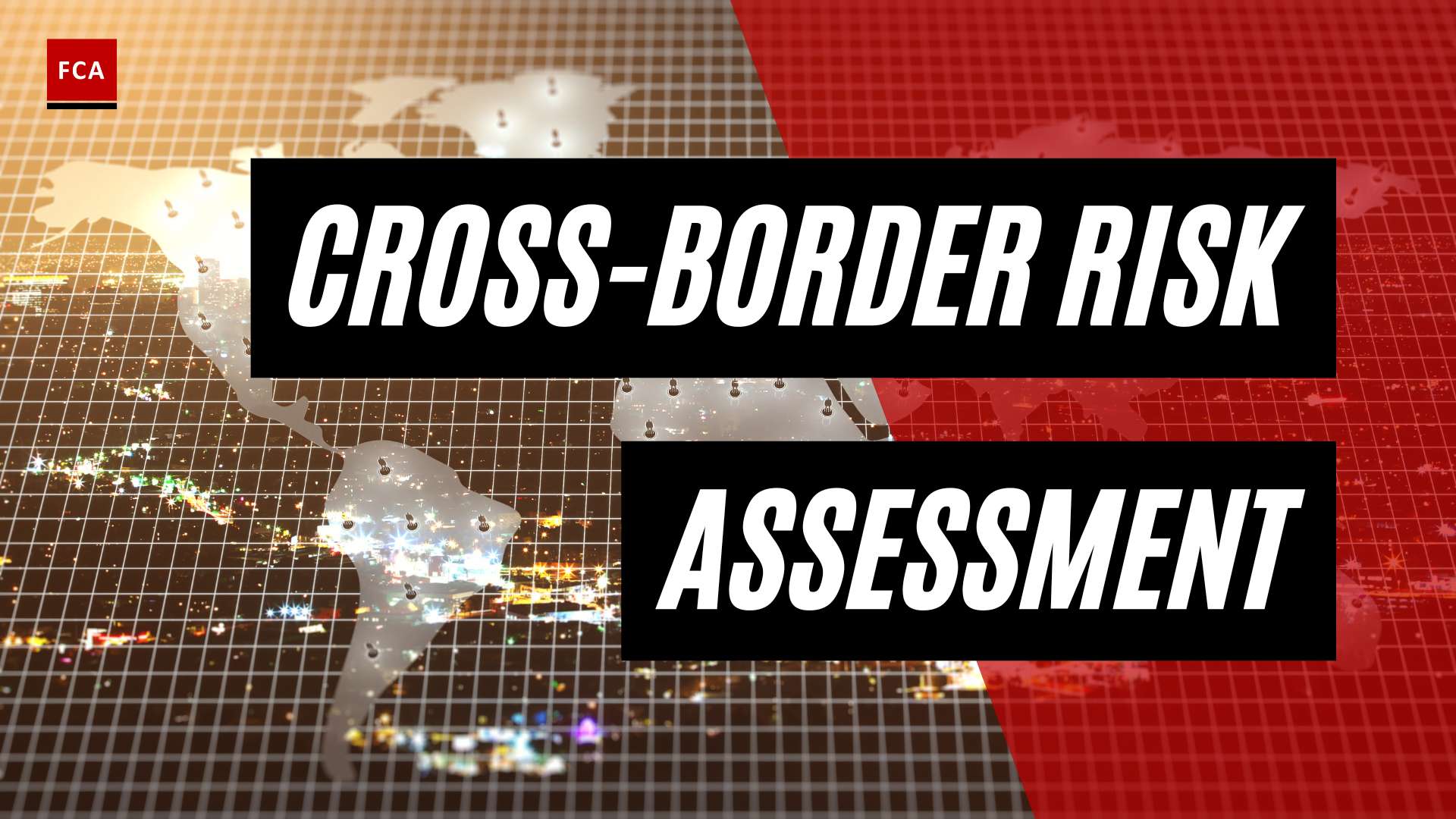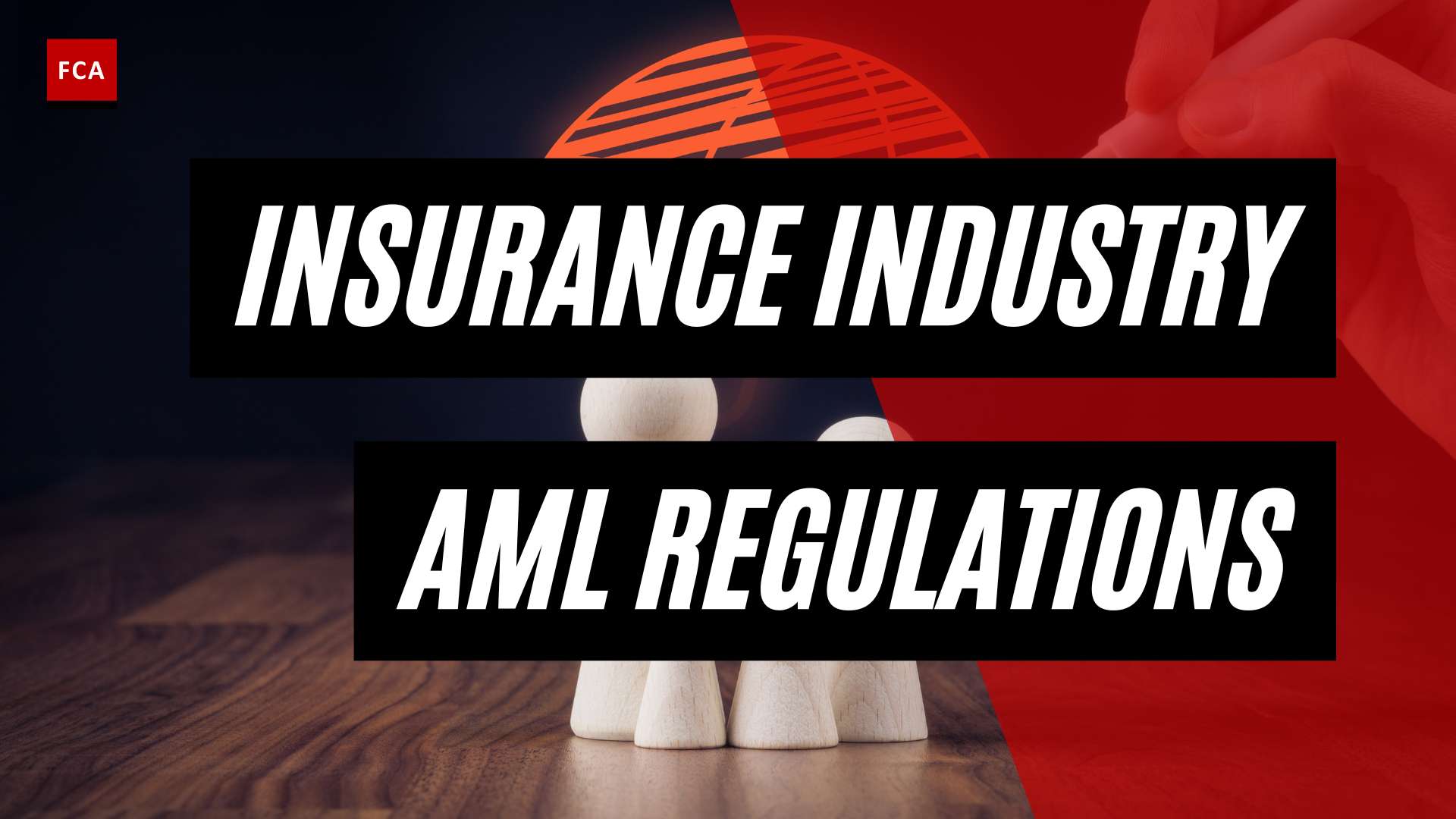Bribery and corruption are illegal and unethical practices that involve the exchange of money, gifts, or other favors in exchange for special treatment or favors. Bribery involves giving or receiving something of value to influence a person’s actions or decisions, often in violation of the law or ethical standards. Corruption involves using power or authority for personal gain, often through illegal or unethical means.
Transparency International defines corruption as the illegal and illicit enrichment of authorities in the government sector, whether politicians or civil employees, via the misuse of public power entrusted to them.
Definition and Process of Bribery and Corruption
Bribery and corruption are widespread problems that can have serious consequences for individuals, organizations, and societies as a whole. They can undermine the rule of law, distort competition, and erode public trust in government and institutions. In many cases, bribery and corruption can lead to economic and social inequality, as well as political instability and conflict.

Corruption
- Demand-Side Corruption refers to accepting or soliciting unlawful reimbursement or unfair advantage, whereas providing such a payout or benefit is referred to as “supply-side corruption.”
- Conventional Corruption is common among government personnel, regardless of rank and position. It occurs when they acquire an unfair advantage while disregarding the public’s needs. “Petty” and “grand” corruption are examples of conventional corruption.
- A few examples of the use of Petty Corruption include the payment of bribes to law enforcement officers, customs agents, medical professionals, and other government personnel. This category includes facilitation payments, sometimes called “grease” payments.
- Grand Corruption results when elected officials and high-ranking government workers abuse the opportunities provided by their job with the government. Bribes given or received in connection with larger-scale government initiatives, such as construction and infrastructure projects, are increasingly common.
- Unconventional Corruption occurs when a public official or member of the government does a specific action with the intent to benefit themselves personally rather than the general public. Because there isn’t a direct exchange of products or services between the parties, the absence of a reciprocal connection is crucial. This kind of corruption comprises embezzlement, fraud, misappropriation, and breach of trust.
Corruption can occur “by the commission,” but it can also occur “by omission.” Government employees may decide not to act or act while performing their duties if they receive compensation from a person or business. These factors are crucial because they may affect the judgment and justification of corrupt actors, the “degree of compulsion” applied by the government employee, and the incentive offered, such as cash, a material good, or the development of a social obligation.
Corruption is currently a topic of increasing concern on a global scale because of several reasons. It is now widely accepted that corruption exists everywhere. It is present in every nation, developed and developing alike, in the public and private spheres as well as in nonprofit and charity organizations.
Furthermore, allegations and claims of corruption are now more prominent in politics than it has ever been earlier in history. Because of it, governments have collapsed, well-known public personalities’ careers have been destroyed, and reputable organizations’ and corporate corporations’ reputations have been severely damaged. Scandals and inappropriate behavior, especially by individuals in high positions, are immensely newsworthy and should be probed zealously since the global mainstream media feeds on them.
The media’s obsession with corruption as a highly valuable commodity, the public’s fascination with famous people getting themselves into embarrassing situations, and the rising trend of using corruption as a weapon to discredit political adversaries have all contributed to the spotlighting of scandalous and corrupt behavior, common human frailty, around the world.
Economic growth and national modernization can be significantly hampered by corruption. Many now believe that it has to be given top priority in a nation’s development plan. The growing understanding has raised concern among emerging nations that corruption may seriously harm progress.

Bribery
Bribery is the type of corruption most closely associated with corruption in general. Michael Johnston criticizes the widespread conflation of the terms “corruption” and “bribery,” pointing out that the majority of academics and politicians only use the term “corruption” to refer to bribery. However, bribery is a particular type of corruption.
Bribery is distinguished by its “quid pro quo” character. Bribery entails trade. It is simple to complicate the concept of bribery by adding words like “benefit to the bribe-giver” or “providing anything of worth.” In truth, even if the items traded had little to no value, in the end, most people will view any transaction that satisfies the broad definition of corruption as a bribe.
In reality, even if the items traded eventually had little to no worth or were of little to no advantage to the bribe-giver, most people will still see any transaction that satisfies the broad definition of corruption as a bribe. Bribery may be defined simply as: “The abuse or misuse of authority or trust in a quid pro quo trade. This explanation incorporates the idea of exchange and works within the general definition.”
No one definition of what constitutes bribery is universally accepted. Still, all definitions concur that it involves someone in a position of trust behaving willingly and dishonestly in return for a financial benefit. It is unnecessary to trade money or any payment to receive the advantage. It can come in various shapes, such as costly gifts, hospitality, and other charges out of pocket, access to resources, or a favor done for a close friend, a family member, or a cause you believe in.
Most cases of corruption include kickbacks or bid-rigging tactics.
- Kickback Schemes can begin when an employee accepts a gift from a grateful business. The first gift is small and doesn’t require anything in return; the next one is bigger, and eventually, the employee gets used to receiving gifts. The majority of kickback schemes require cooperation between a vendor partner and an employee who approves purchases. The employee accepts payment for the service and signs an invoice for overpriced or nonexistent goods. Alternatively, an inspector can receive payment for approving subpar products or poor workmanship.
- Bid Rigging is an illegal practice in which the parties involved plan to influence the result of a bidding process. Bid rigging is a kind of price manipulation and anti-competitive cooperation; when bidders work together, the bidding process is weakened and the rigging price may be higher than what would have happened in a free market bidding. Consumers and taxpayers might suffer as a result of bid rigging, having to pay higher pricing. People that participate get compensated for their work.
Although illicit economic activity exists in every country, it is more prevalent in those with high levels of corruption. Official macroeconomic data, which often only represent the formal sector of an economy, become inaccurate when trying to gauge economic performance or serve as a foundation for policy development and research. Because of significant illicit and unrecorded flows of services and goods across the border in a booming smuggling industry, official statistics on foreign trade, for instance, no longer accurately reflect a country’s real quantity, or worth, of exports and imports.

Final Thoughts
To combat bribery and corruption, many countries have established laws and regulations that prohibit these practices and impose penalties on those who engage in them. International organizations such as the United Nations and the World Bank also work to promote transparency and accountability, and to support efforts to prevent and combat corruption. Additionally, individuals and organizations can take steps to avoid being involved in bribery and corruption by promoting ethical behavior, transparency, and accountability, and by reporting instances of bribery and corruption to the appropriate authorities.









